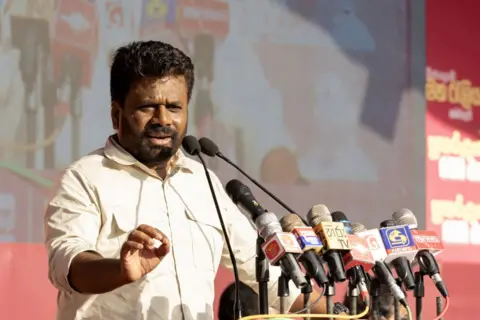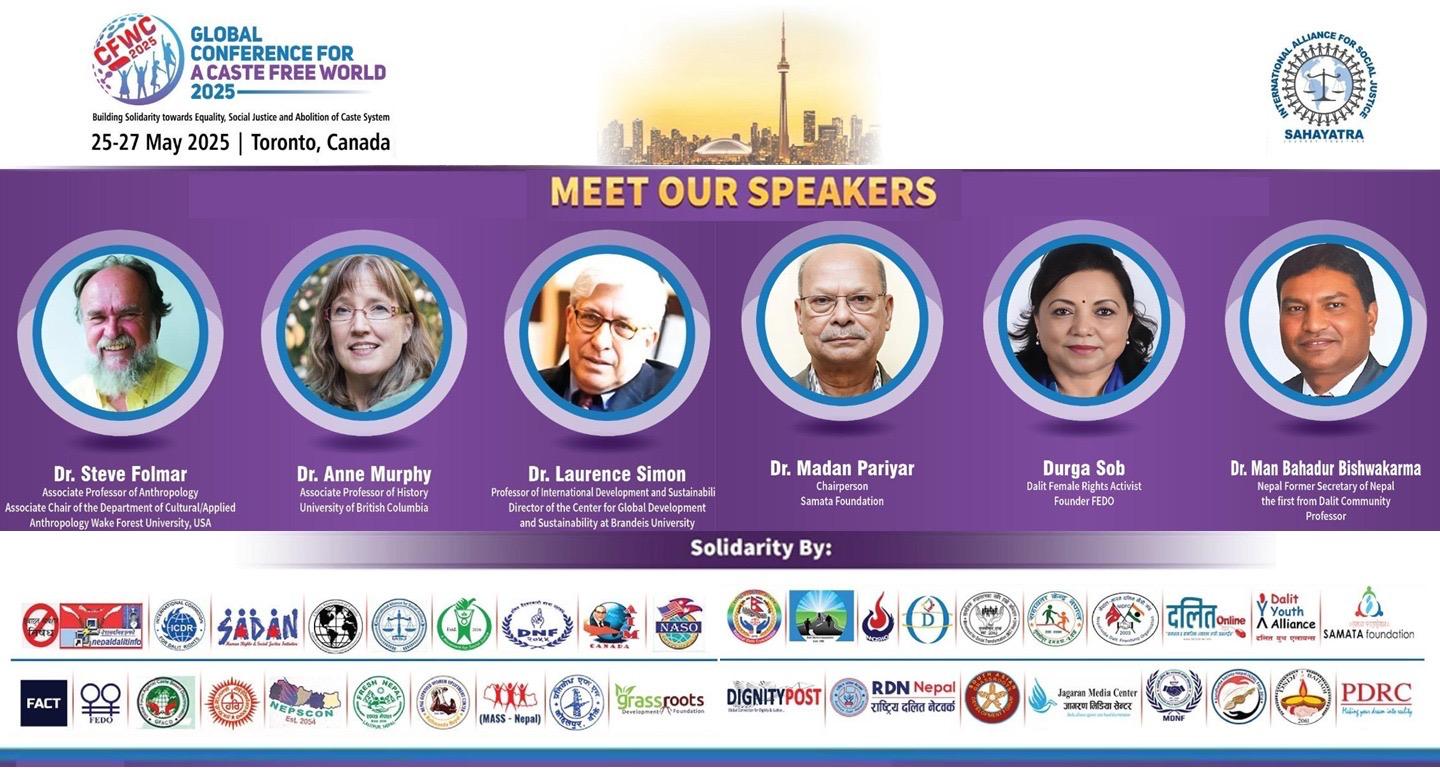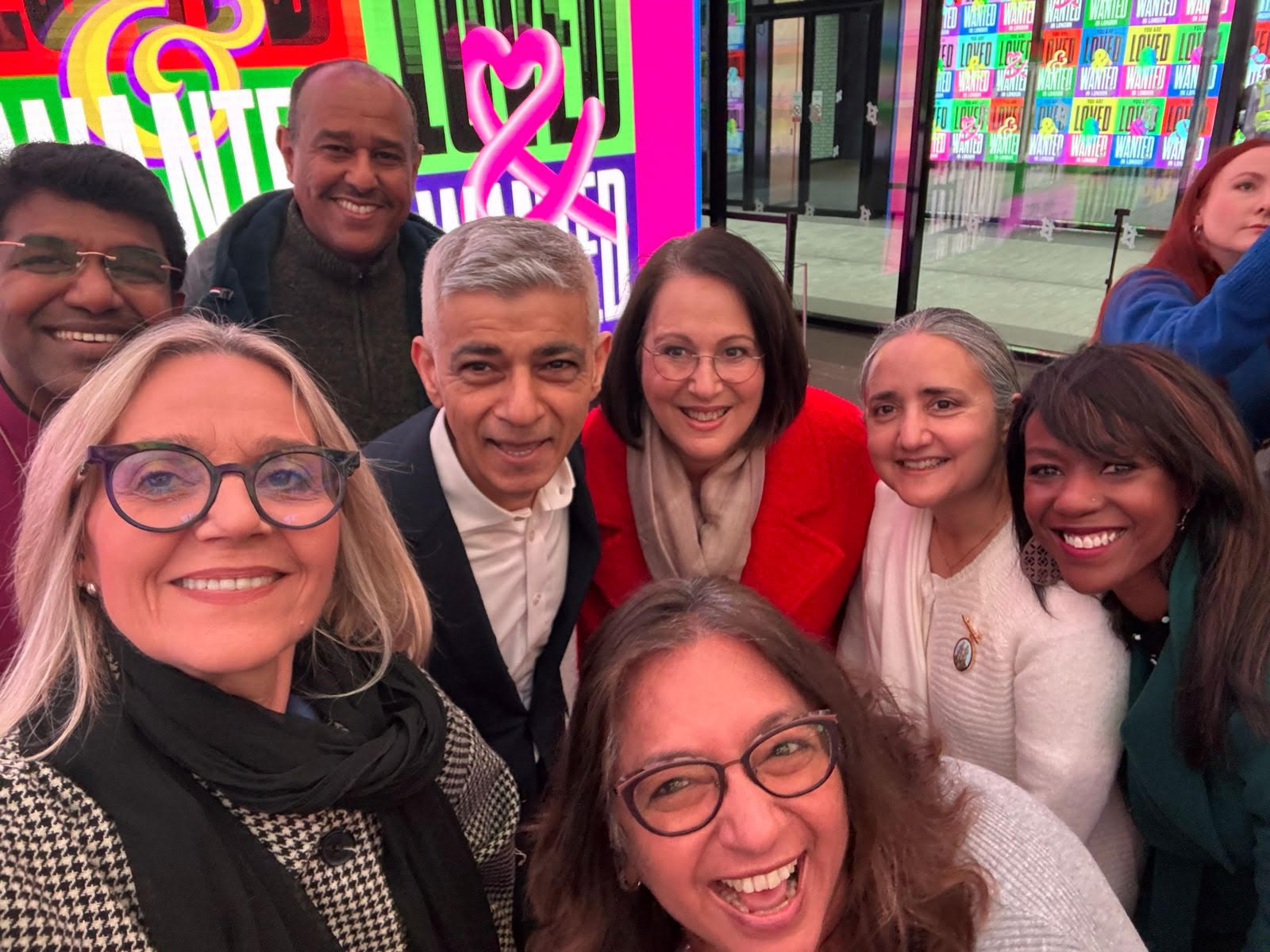Sri Lanka’s Left-Leaning Alliance Nears Landslide Victory in Snap Elections Amid Economic Turmoil

Colombo — Sri Lanka’s left-leaning National People’s Power (NPP) coalition, led by recently elected President Anura Kumara Dissanayake, is set for a decisive victory in the country’s snap parliamentary elections. Official results indicate the NPP has won 141 seats, edging close to the 150-seat mark required for a majority in the 225-member parliament. More results are expected to be announced soon, with many analysts predicting a landslide win for the coalition.
Dissanayake, who became president in September, called for early elections to gain a clear mandate to address the country’s deep-seated economic challenges. Sri Lanka is still reeling from the effects of its worst economic crisis, characterized by soaring inflation, food and fuel shortages, and high living costs. In 2022, these issues sparked a major political shift, leading to the resignation of former President Gotabaya Rajapaksa. His successor, Ranil Wickremesinghe, managed to secure a $3 billion IMF bailout, but widespread economic hardship continues, with nearly 26% of Sri Lankans living below the poverty line.
The NPP’s strong showing marks a shift from the previous parliament, where Dissanayake’s Janatha Vimukthi Peramuna (JVP) party, now leading the NPP coalition, held just three seats. The victory highlights widespread voter dissatisfaction with established political figures, many of whom chose not to seek re-election. Notably absent were members of the Rajapaksa family, who once held a stronghold in Sri Lankan politics but have lost considerable influence amid the crisis.
Dissanayake campaigned on promises to tackle corruption and restore economic stability, drawing on the NPP’s traditional advocacy for strong state intervention and lower taxes. Observers believe his success is due in part to a fractured opposition, which saw numerous parties and leaders splinter into smaller factions or run independently, diminishing their influence.
The coalition’s imminent majority now empowers Dissanayake to pursue his ambitious reform agenda, although he still faces immense challenges. Essential goods and services remain scarce, and economic recovery is slow; the World Bank forecasts just 2.2% growth for Sri Lanka in 2024. Many, like 26-year-old garment worker Manjula Devi, say they continue to struggle with basic expenses despite recent economic measures.
The new government now faces the daunting task of delivering on campaign promises and stabilizing the country’s economy. With a fresh mandate and a clear path ahead, Dissanayake’s administration must act swiftly to address the urgent needs of Sri Lanka’s population, whose hopes rest on meaningful change.

















Facebook Comments